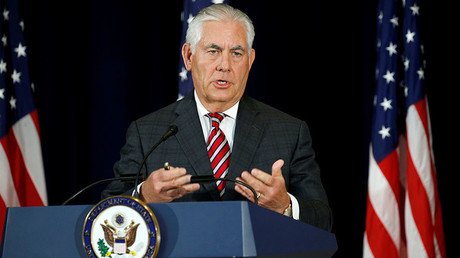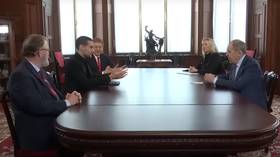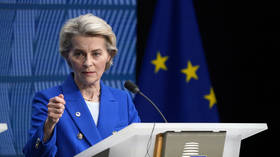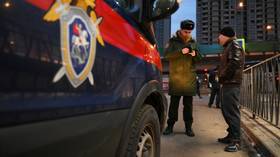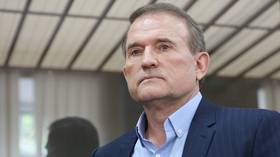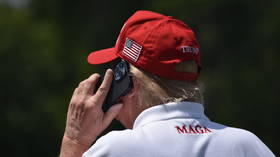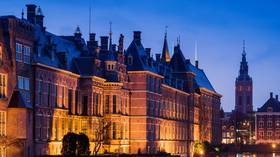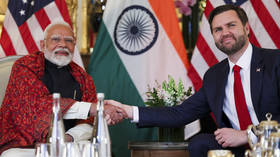Moscow welcomes US readiness to cooperate on Syria, but awaits ‘no-fly zones’ clarification – Lavrov
Moscow has noted Washington’s apparent move in the right direction on Syria, but has requested the US to provide details on the proposed creation of no-fly zones as voiced by US Secretary of State in the lead up to the Russian-US leaders meeting in Hamburg.
Ahead of the July 7 meeting between Vladimir Putin and Donald Trump, chief US diplomat, Rex Tillerson insisted that Russia has a “special responsibility” to aid the peace process in Syria, while Washington expressed a readiness for closer cooperation with Moscow.
“The United States is prepared to explore the possibility of establishing with Russia joint mechanisms for ensuring stability, including no-fly zones, on the ground ceasefire observers, and coordinated delivery of humanitarian assistance,” Rex Tillerson said in a statement released by the State Department Wednesday.
Speaking to reporters Thursday, Russian Foreign Minister Sergey Lavrov said Moscow is awaiting Washington’s concrete suggestions and clarifications on the the no-fly zones in Syria.
“We’ve issued a query but haven’t received a reply so far,” Lavrov said, according to TASS. “The question is what kind of no-flight zones are being presupposed because they haven’t been mentioned in the past.”
Lavrov pointed that Moscow is also still waiting for a response to its own proposals on Syria which were presented to the Americans in spring.
“We handed our proposals timed for the first contact between the Russian and US Presidents to US Secretary of State Rex Tillerson before his trip to Moscow in April,” Lavrov said.
“This was because he himself had come up with an idea of preparations for the meeting between the Presidents in advance when we had talks in Bonn in February.”
The Russian Foreign Minister welcomed his counterpart's initiative. “I am confident that the focus of [Tillerson's] statement, despite all the emerging issues on this or that wording, the determination on cooperation between Russia and the United States, is a step in the right direction,” Lavrov told reporters after talks with French Foreign Minister Jean-Yves Le Drian in Paris.
Russian military police in Syria: To control peace agreements' fulfillment & will not be on any combat mission https://t.co/Dmasl4wdcm
— RT (@RT_com) 6 July 2017
“It is important for the Syrian crisis settlement to be mutual, with no party trying to pretend that nothing depends on them,” Russia’s most senior diplomat added. Russia’s main priority in Syria, though, is to eliminate terrorist groups, mainly the Islamic State (IS, formerly ISIS/ISIL) and Jabhat al-Nusra, Lavrov underlined.
Russia proposes 4 de-escalation zones in Syria to restart stalled peace process https://t.co/NvGAbOY3ya
— RT (@RT_com) 3 May 2017
Syria already has three de-escalation zones after Russia, Turkey, and Iran signed a deal in Astana, Kazakhstan in May. While the specifics of the newly created safe zones are now being worked out, the concept envisions ceasing all combat operations and suspending military flights in those areas.
However, the US-led coalition has used the opportunity to establish their own so-called ‘de-confliction’ areas, within which, it has on several occasions, used perceived threats to allies as a pretext to strike Syrian government forces.
Putin: I discussed de-escalation zones in Syria with Trump, Erdogan https://t.co/ujELIRj1b5pic.twitter.com/CrzJmrrfiQ
— RT (@RT_com) 3 May 2017
Moscow does not recognize any ‘de-confliction zones’ unilaterally declared by the US. Lavrov has made clear that such zones are different from the safe zones, which Russia, Turkey, and Iran established with the full support of the United Nations Security Council and the government of Syria.
